Covid 19 created scenarios that if forecast in 2018 would have been regarded as apocalyptic, bordering on science fiction. One of the sectors hardest hit was travel and tourism. The world came to standstill but now, almost five years later, South Africa is back on the tourist map. At the last URERU/QUOIN/SAPOA seminar, Allan Wantenaar, HTI Consulting, was the guest speaker; “Navigating the South African & African Hotel Investment Landscape”.
HTI are African Hospitality and Tourism Experts who supply services to many of the new and existing players in the industry, both operators and owners. Although Cape Town had a record breaking 317 000 passengers (two-way) through its international terminal in December 2023, Wantenaar said that their research indicated that East Africa has shown even greater growth in tourist numbers. Addis Abba, Accra and Nairobi lead the pack with occupancies in excess of 110%.
But this does not take the shine off the recovery seen in Cape Town. The passenger numbers recorded are well ahead of those recorded in January 2020, just ahead of Covid. This is an increase of 48% on 2022 and even ahead of 2019’s 2.6 million according to Airports Company South Africa.
This recovery bodes well for the hospitality sector which suffered greatly through 2020/21 recording huge pandemic induced losses.
Room rates in smaller, independent hotels, B&B’s and guest houses reached unprecedented revenue per available room of R2197 at the end of December.
Figures for 2024 seem positive as occupancy remained in excess of 63% for January 2024. With the Mining Indaba and SONA happening in the city at the same time, accommodation was stretched for periods in February.
The rebound in hospitality has seen Cape Town lead the pack with hotel occupancies at 67.1% for the year to December 2023 contrasted to Johannesburg where occupancies still sit just below 44%. This is however up 15% on the previous year, according to figures released by global research group CoStar. To be fair, Cape Town is a tourist destination while Johannesburg is largely focused on business travel. Post Covid, business travel has seen trends changing, with online meeting platforms, greater online connectivity and remote working changing how business is done. Coupled with a major shift in players in the domestic air travel space, travelling between Johannesburg and Cape Town has become a logistical nightmare and expense, no doubt limiting business visits to Johannesburg.
Durban, however, showed great resilience in the face of flooding, beach water contamination and still too clear memories of rioting and looting. Kwa Zulu Natal saw strong trading in Umhlanga and the Drakensberg, though the Durban beachfront was subdued.
The V&A Waterfront, which sets the tone and tenor for tourist buoyancy and the state of the tourist economy, had a boom for 2023, with total foot count up by 25% over the previous year; with annual numbers reaching 25 million.
Several new hotels are in the offing and major upgrades have been carried out, or planned for others. The Cullinan Hotel, adjacent to the Cape Town International Convention Centre is due for an upgrade in the winter months with The Cape Grace and Radisson on Riebeeck having changed hands and branding. These now sit in the Accor stable, with international brands such as the Pullman being introduced. A new hotel in Camps Bay and an hotel and and residential being planned for the old City Park Hospital site in Bree Street Cape Town.
Industry players ascribe the surge in foreign visitors to among others, a weak rand, its location away from geopolitical hot spots and war zones, increased international flight capacity and positive sentiment after the Rugby World Cup victory.
Seven new airlines have been flying directly to Cape Town, including Qatar, Air France and Air Mauritius.
Wantenaar however indicated that there is a sharp drop off in the winter months. If Cape Town wishes to establish itself as a global destination, it will need to extend its offering beyond the sunny months of summer and create a year round appeal. Greater focus on international conference opportunities during these periods and increase the attractions of the autumn and winter months.
So, it may well be that as a sector, hospitality is a space that investors can be dipping their toes.
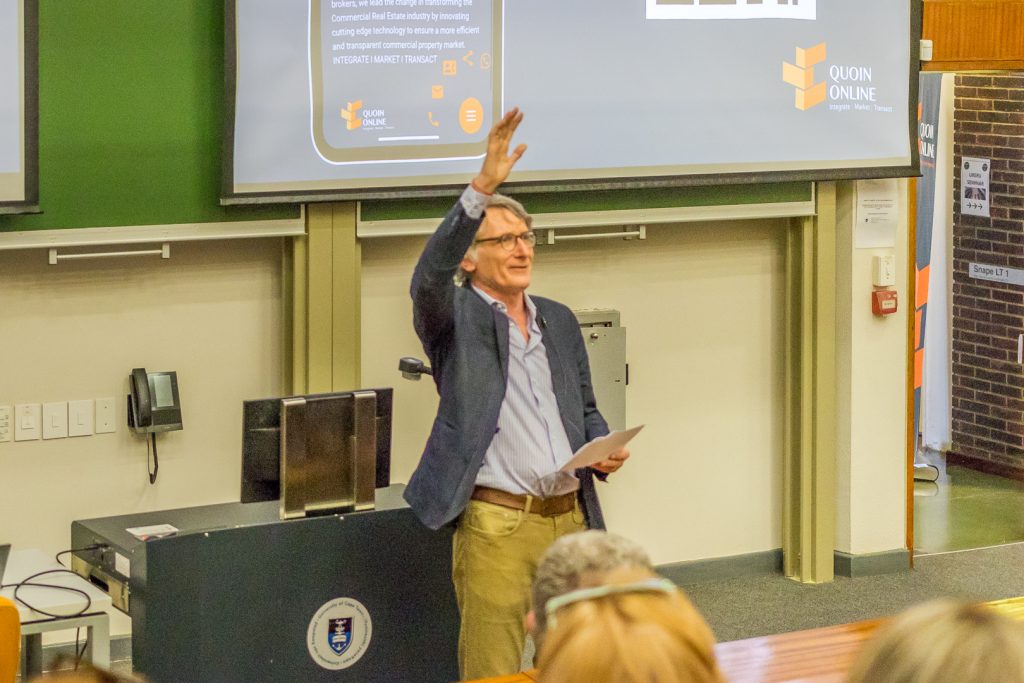
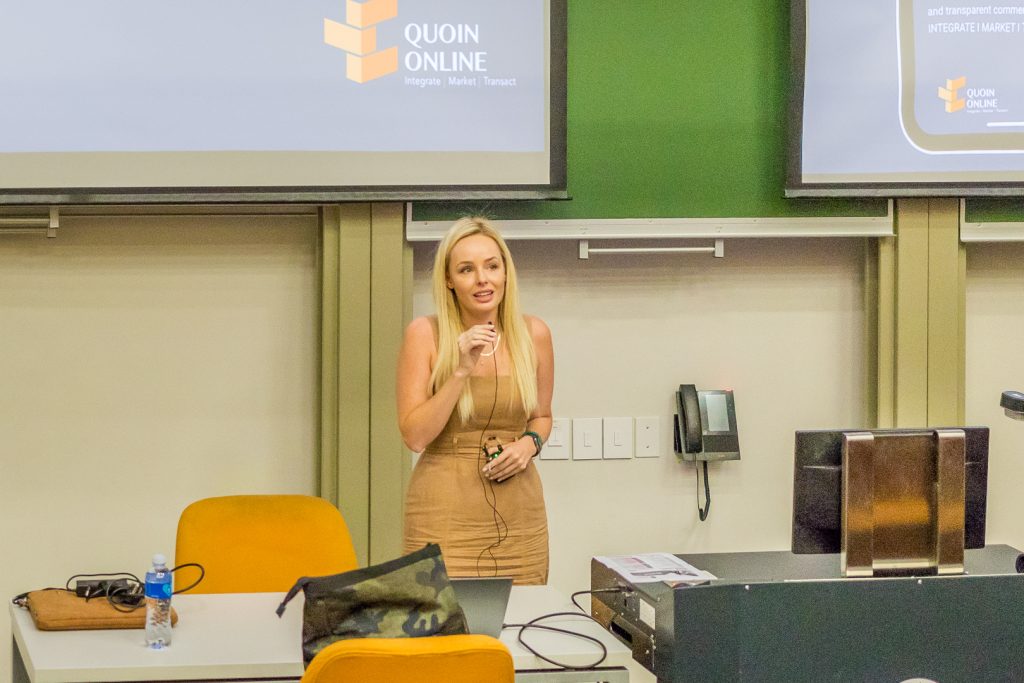
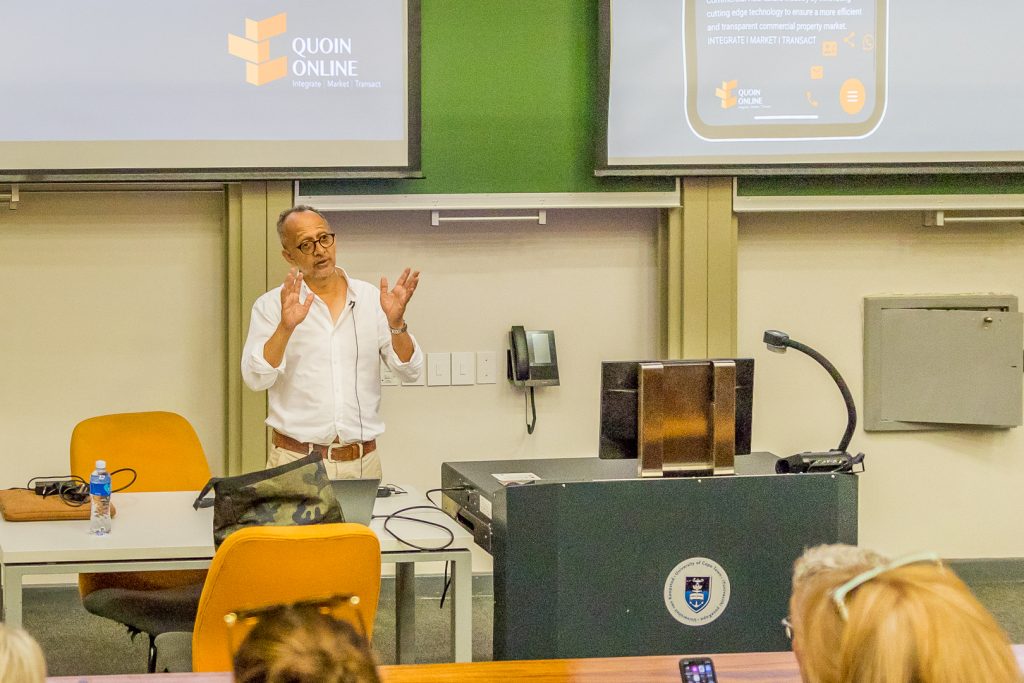
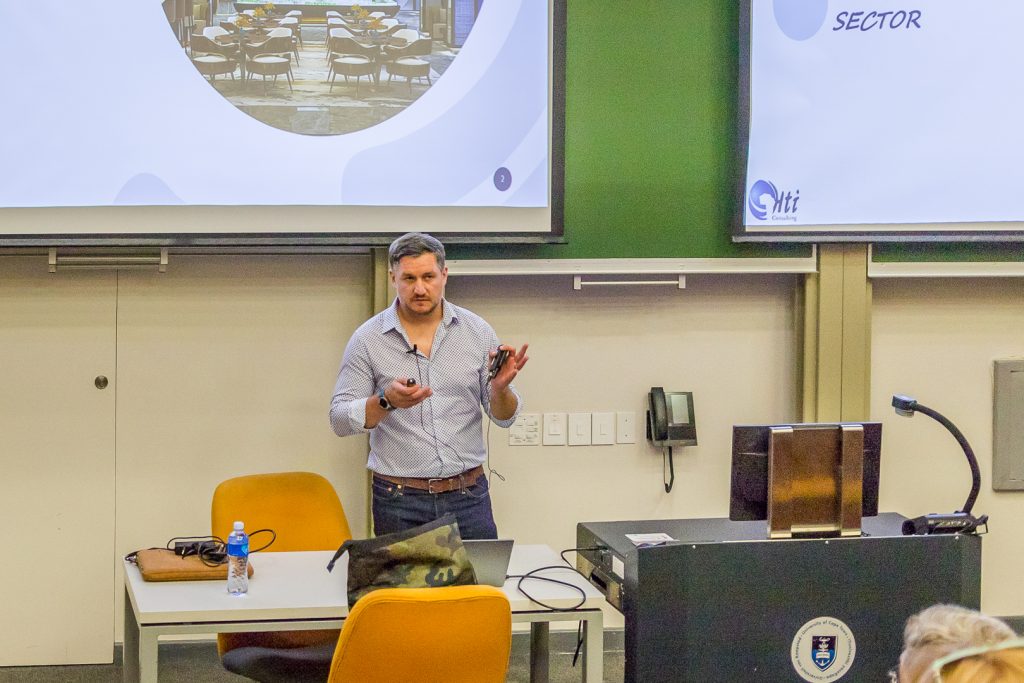
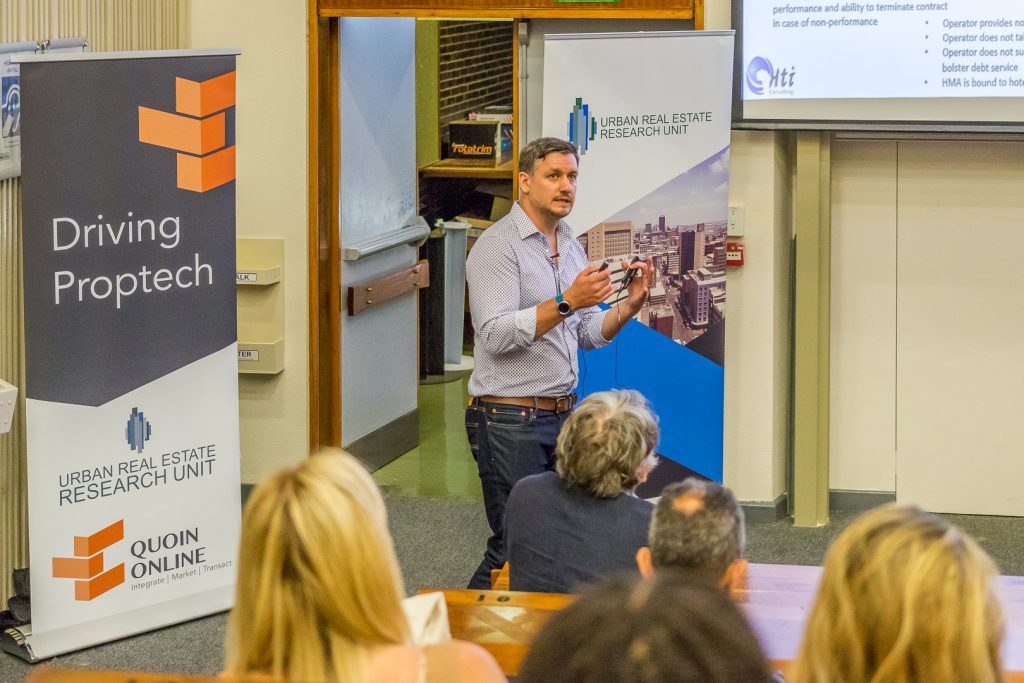

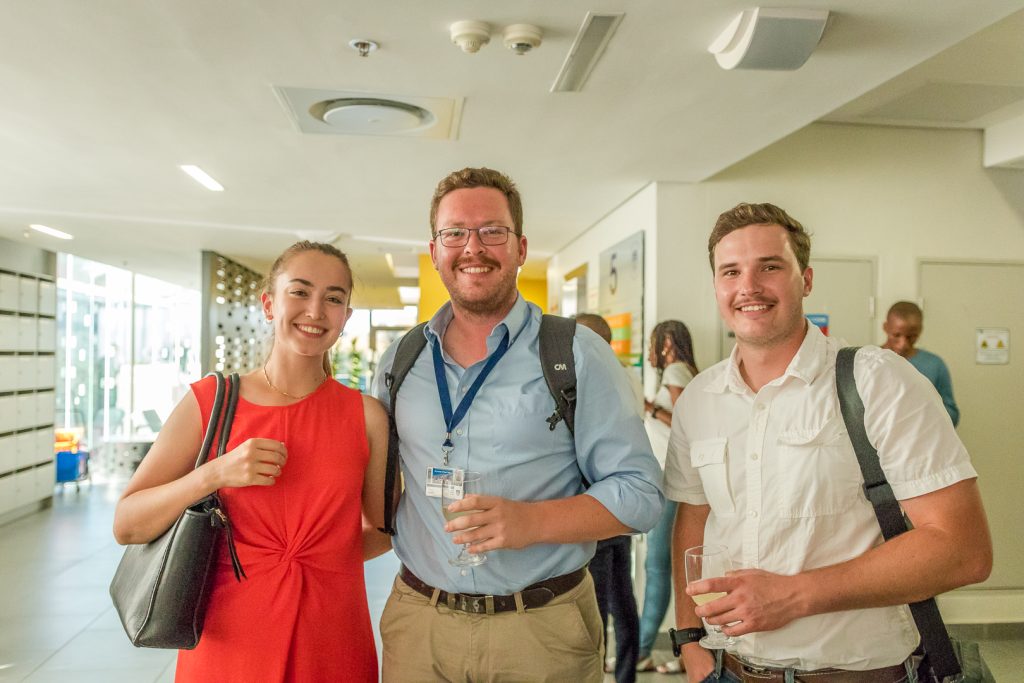
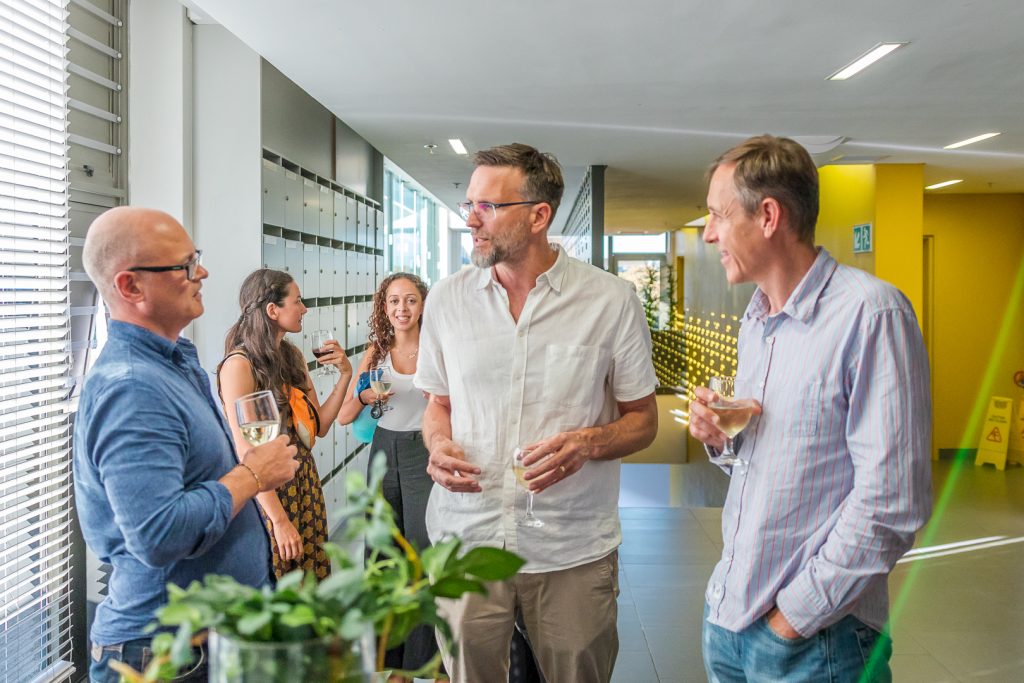
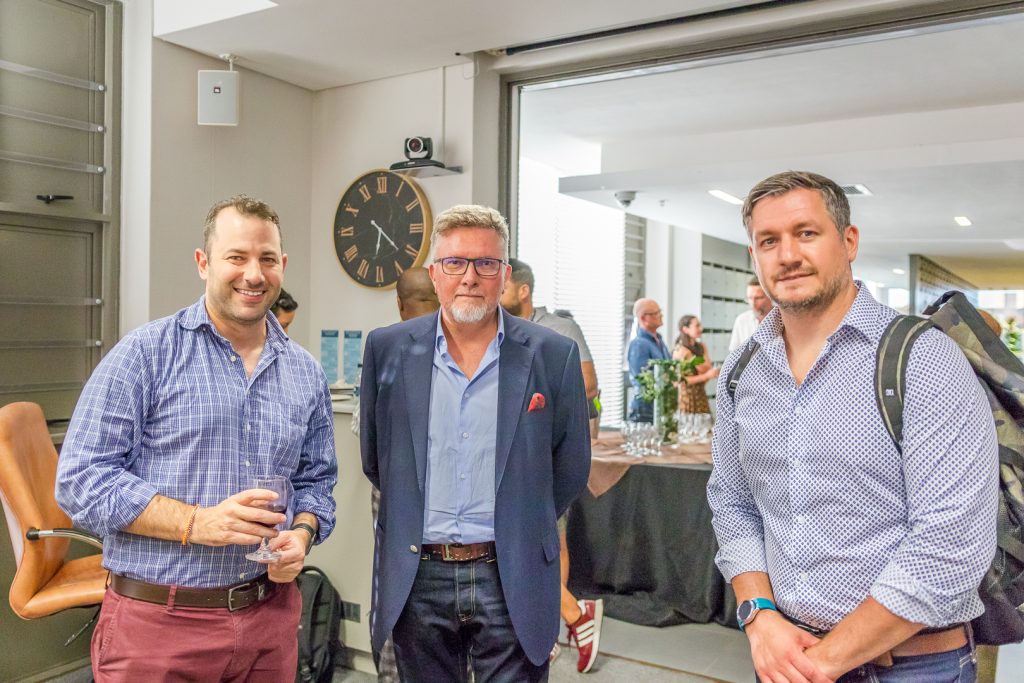
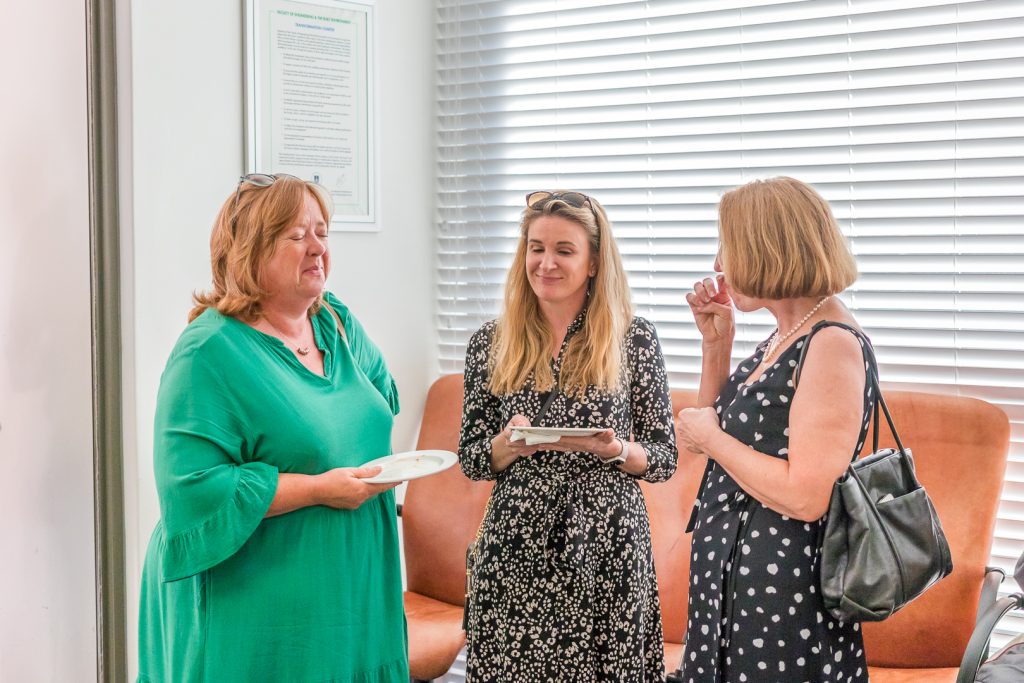
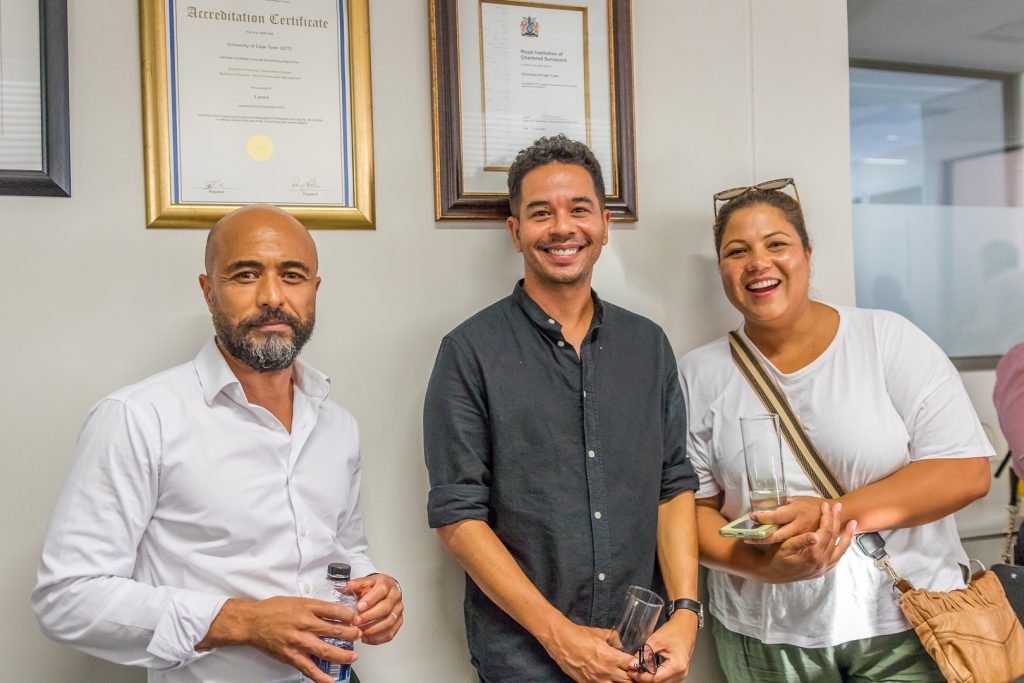

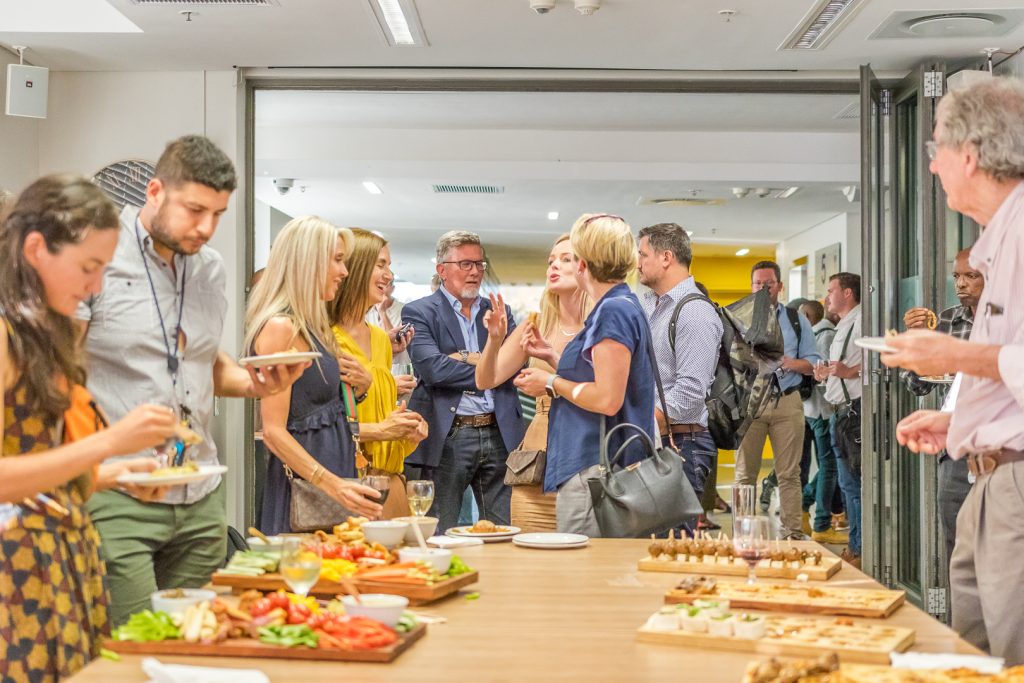





No Comments